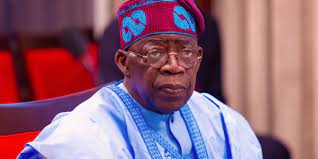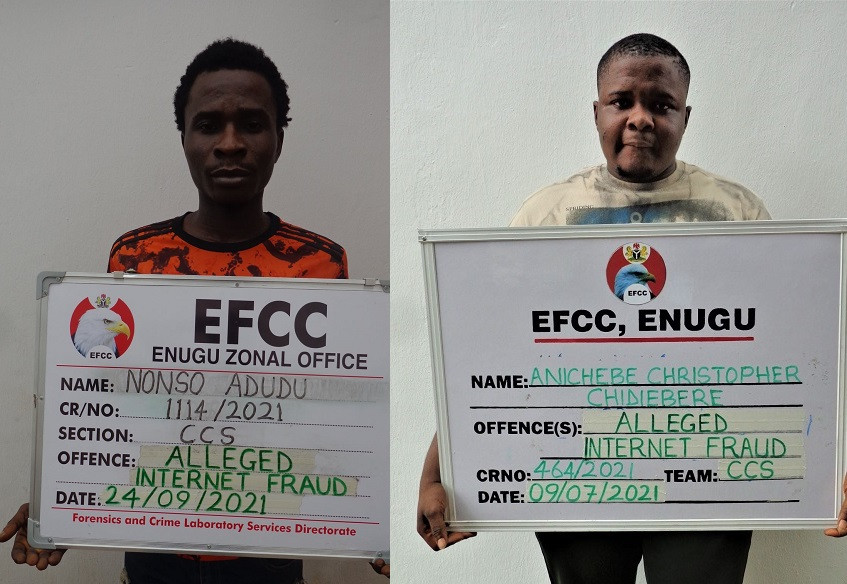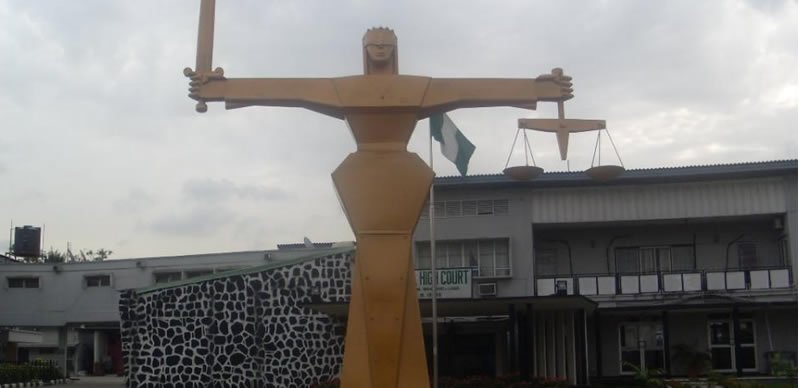President Bola Tinubu, in a significant move, unveiled a series of palliative programmes on Monday aimed at mitigating the impact of the fuel subsidy removal implemented by his administration. These initiatives are designed to provide relief and support to the citizens affected by the policy change.
The initiatives have been introduced in response to the increasing difficulties faced by the population following Tinubu’s inauguration day declaration that “fuel subsidy is gone.”
In the past two months since he assumed office on May 29, the prices of Premium Motor Spirit (PMS), also known as petrol, have skyrocketed, tripling from below N200 per litre. This has led to widespread calls for protests by the Nigeria Labour Congress (NLC).
To address the hardships endured by millions of Nigerians, the President delivered a solemn national broadcast, assuring the nation that relief is on the horizon for farmers, small business owners, manufacturers, and others.
These programs will be financed with N500 billion, which was approved from a $800 million World Bank loan previously requested by former President Muhammadu Buhari for a national social safety net program during the last months of his government.
Tinubu had initially planned N8,000 monthly cash transfers to 12 million households over a six-month period. However, the proposal faced controversy, which prompted the Federal Government to reconsider its strategy and eventually rescind the plans.
Tinubu announced a N75 billion palliative for the manufacturing sector, saying 75 businesses would benefit within a nine-month period spanning the third quarter of 2023 to the first quarter of next year.
“To strengthen the manufacturing sector, increase its capacity to expand and create good-paying jobs, we are going to spend N75 billion between July 2023 and March 2024.
“Our objective is to fund 75 enterprises with great potential to kick-start a sustainable economic growth, accelerate structural transformation and improve productivity.
“Each of the 75 manufacturing enterprises will have the opportunity to access a credit of N1 Billion at an attractive interest rate of 9% per annum. For long-term loans, a maximum repayment period of 60 months will be offered, while working capital loans will have a repayment period of up to 12 months.”
The President highlighted the administration’s acknowledgment of the significant role played by micro, small, and medium-sized enterprises, as well as the informal sector, in driving economic growth.
Furthermore, Tinubu made a groundbreaking announcement of a N125 billion fund aimed at bolstering this vital sector.
“From this substantial amount, N50 billion will be allocated to provide Conditional Grants to 1 million nano businesses between now and March 2024. Our objective is to offer financial support of N50,000 to each of the 1,300 nano business owners in every one of the 774 local governments nationwide,” he declared.
Our ultimate goal with this programme is to significantly enhance financial inclusion by enrolling beneficiaries into the formal banking system. In line with this objective, we have allocated N75 billion to fund 100,000 MSMEs and start-ups.
Through this initiative, every enterprise promoter will have the opportunity to access a loan ranging from N500,000 to N1 million at a competitive interest rate of 9% per annum, with a convenient repayment period of 36 months.”
To bolster the agricultural sector, Tinubu revealed a comprehensive plan to allocate N200 billion towards supporting the cultivation of 500,000 hectares of farmland, with an unwavering commitment to year-round farming practices.
Clarifying the allocation details, he stated, “Out of the N500 billion approved by the National Assembly, we will utilize N200 billion in the following manner:
- N50 billion will be invested in cultivating 150,000 hectares of rice and maize each.
- Additionally, N50 billion will be earmarked for cultivating 100,000 hectares of wheat and cassava each.”
This ambitious agricultural program is specifically tailored to benefit small-holder farmers while also harnessing the expertise and success of prominent private sector players in the agricultural industry. By joining forces, the initiative aims to drive sustainable growth and prosperity in the agricultural sector.
As part of the Federal Government’s program, there is a plan to introduce buses in various states and local governments to improve mass transit services at a much more affordable rate, as stated by Tinubu.
He mentioned that a budget of N100 billion has been allocated to invest in acquiring 3000 units of 20-seater CNG-fuelled buses by March 2024. These buses will be distributed among major transportation companies in the states, based on the intensity of travel per capita.
To facilitate this initiative, participating transport companies will have the opportunity to access credit at a competitive interest rate of 9% per annum, with a repayment period of 60 months.
In a similar context, we are actively collaborating with Labour unions to propose a fresh national minimum wage for all workers. I am pleased to inform our hardworking employees that your salary review is underway,” stated the President.
“Once we reach a consensus on the new minimum wage and conduct a comprehensive upward review, we will allocate budget resources to ensure its swift implementation.”
Furthermore, Tinubu took the moment to commend numerous private employers within the Organised Private Sector who have already taken the initiative to implement salary increases for their employees.
The 71-year-old leader addressed the nation, proudly announcing that the Federal Government had achieved significant savings of “over a trillion Naira” in just a little over two months. This money was previously wasted on the unproductive fuel subsidy, which had only benefited smugglers and fraudsters.
The leader emphasized that these savings would now be channeled towards more direct and beneficial purposes “for you and your families.” One of the key areas that will benefit from these funds is the education sector. The government is committed to making education more affordable and accessible to all citizens. To support higher education students in need, the government will provide loans to ensure that no Nigerian student has to abandon their education due to financial constraints.
The leader stated unequivocally that the government’s main goal is to promote the welfare of the majority of the population. This principle guides their decisions, and they will remain steadfast in upholding it. Additionally, the government is closely monitoring the impact of the exchange rate and inflation on gasoline prices. If necessary, they are prepared to intervene to ensure stability and protect the interests of the people.




